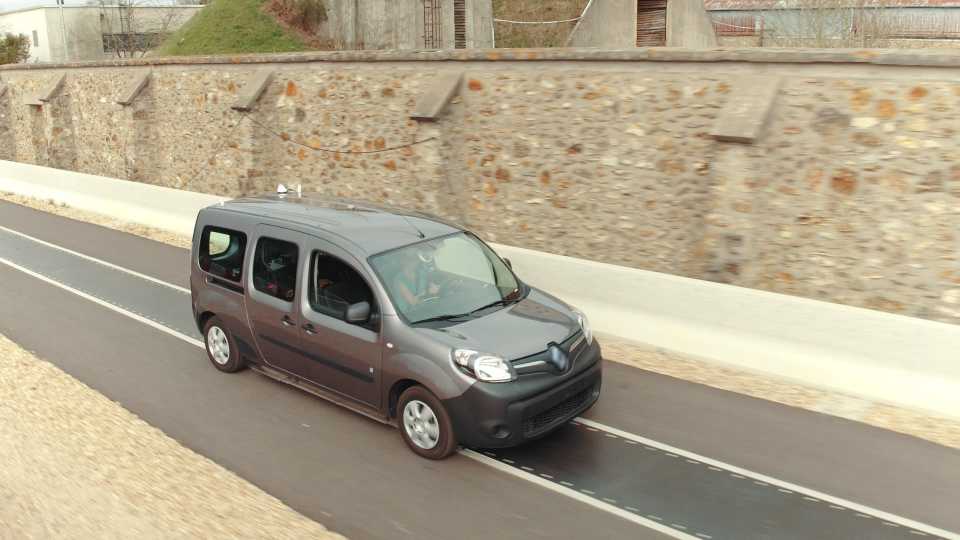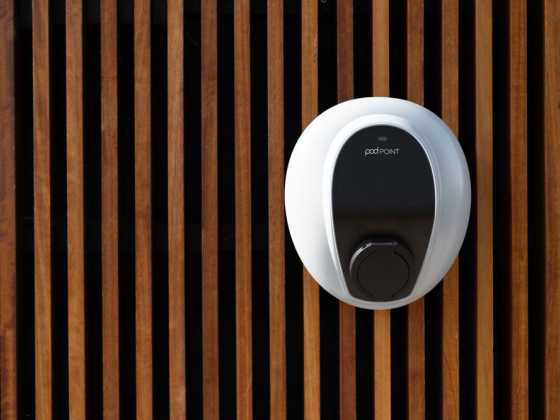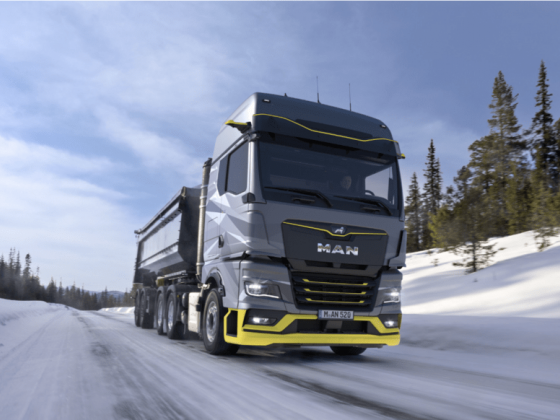Renault demonstrates wireless electric vehicle charging

Renault has demonstrated dynamic wireless electric vehicle charging (DEVC), which allows vehicles to charge while driving without the need to be plugged in.
The car manufacturer teamed up with Qualcomm Technologies and Vedecom in designing a DEVC system capable of charging an electric vehicle dynamically with a charge of up to 20 kilowatts at speeds up to, and in excess of, 62 miles per hour.
The DEVC system has been designed to support real-world implementation of dynamic charging. The two Renault Kangoo Z.E. vehicles can pick up charge in both directions along the track.
The dynamic charging demonstrations took place at the 100-metre test track, built by Vedecom at Satory, Versailles, near Paris, as part of the FABRIC project - which stands for Feasibility analysis and development of on-road chargIng solutions for future electric vehicles.
The FABRIC concept is a €9 million project (£7 million GBP), partly funded by the European Union, addressing the technological feasibility, economic viability, and socio-environmental sustainability of wireless DEVC.
The DEVC system will shortly be handed over to Vedecom to perform tests for FABRIC. The tests will evaluate the operation and efficiency of energy transfer to the vehicles for a wide range of practical scenarios including vehicle identification and authorisation on entering track, power level agreement between track and vehicle, speed and alignment of vehicle along the track.
Steve Pazol, vice president and general manager for wireless charging at Qualcomm Incorporated, commented: “I am immensely proud of what we have achieved. The combination of a global team of expert engineers and Qualcomm Halo technology, which covers all aspects of WEVC systems, irrespective of the magnetics used, has enabled us to really push the boundaries of the possible and outline our vision for future urban mobility.”



